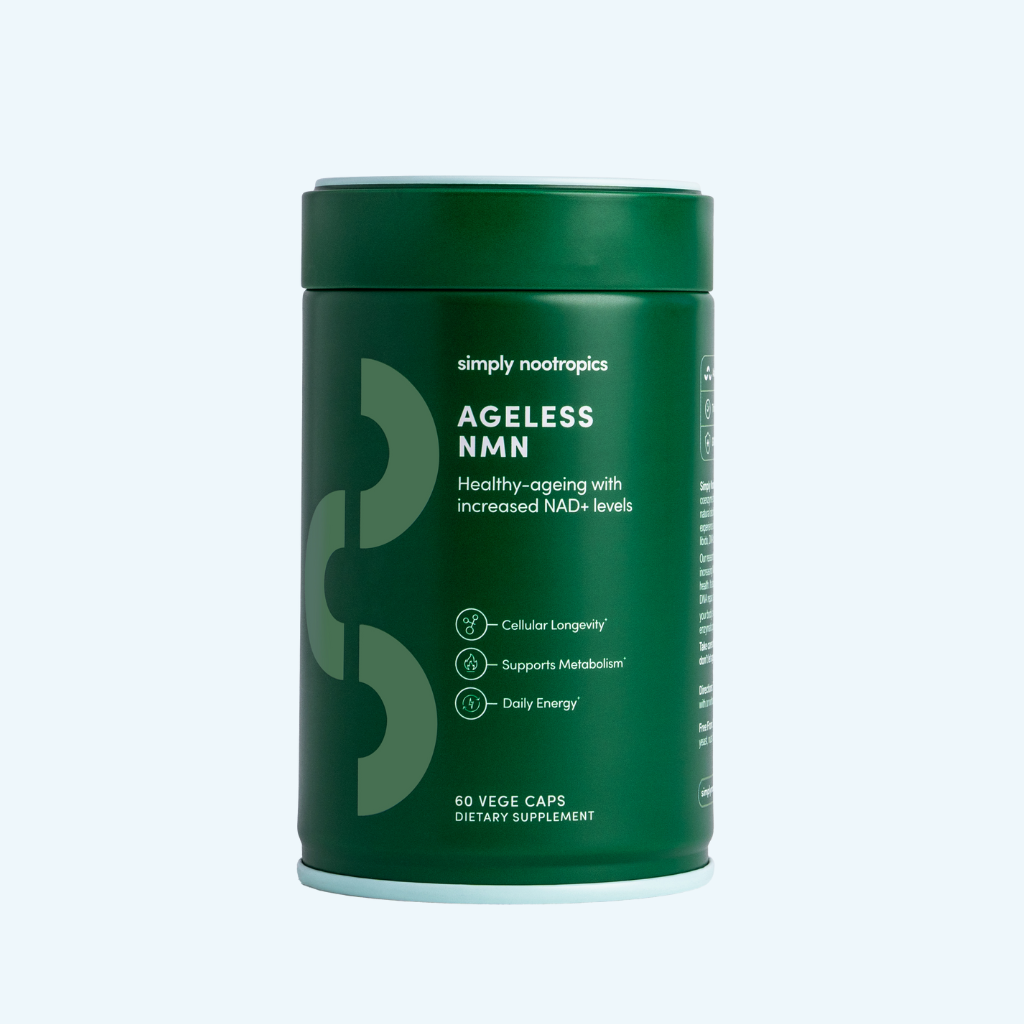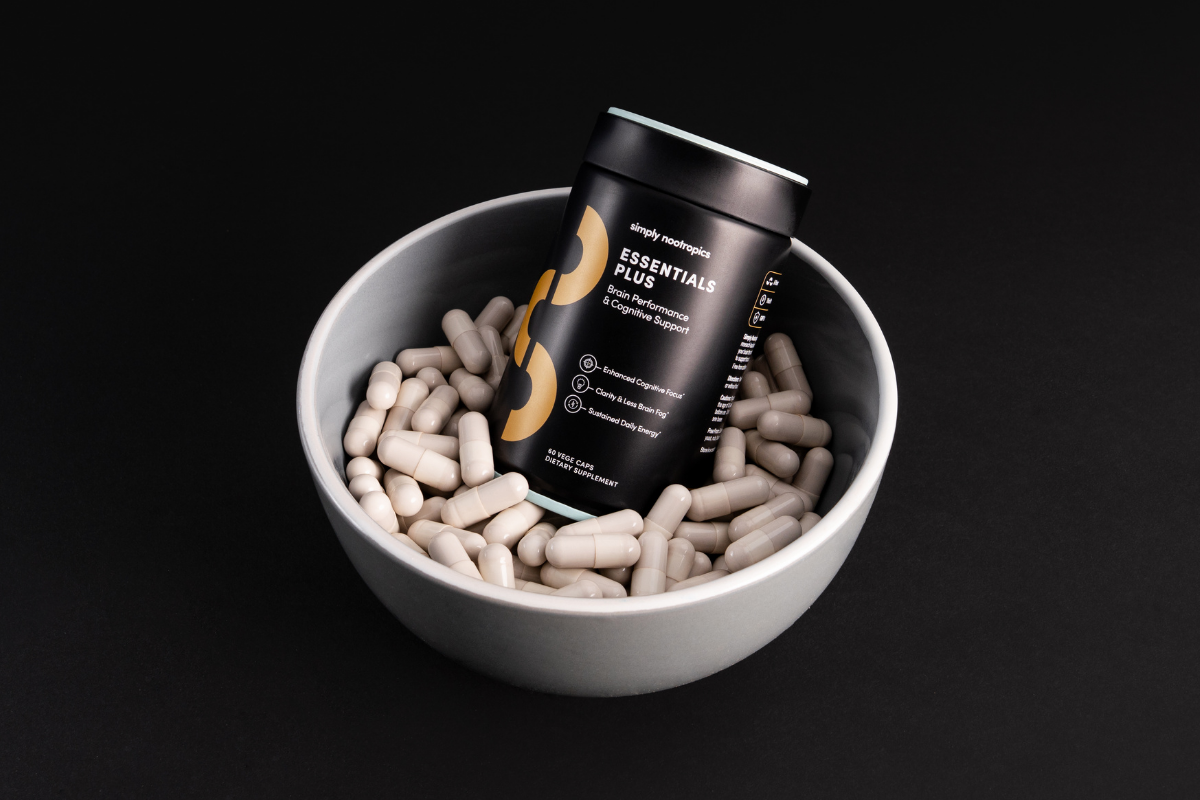For decades, science has promised that breakthroughs in genetics, medicine, and nutrition would help us live longer than ever. In one sense, that’s true: global life expectancy has climbed dramatically. Fewer people die young, chronic diseases are better managed, and modern medicine can add decades of healthy life.
But there’s a paradox buried in the data. While the average lifespan keeps rising, the maximum, the age reached by the world’s oldest humans, hasn’t moved in nearly three decades. The record still belongs to Jeanne Calment, a French woman who died in 1997 at 122 years and 164 days. Since then, no one has come close to surpassing her verified age.
It’s one of the most puzzling questions in longevity research: if we’re living better, why aren’t we living longer?
What the Data Actually Shows
Demographers track two key measures of longevity:
-
Life expectancy, which reflects how long an average person can expect to live given current conditions.
-
Maximum lifespan, the age of the longest-lived verified individual.
Life expectancy has soared thanks to vaccines, sanitation, antibiotics, and safer childbirth. In 1900, global averages hovered near 35 years. Today, they exceed 70.
Yet the upper boundary of human life has barely budged. The same handful of “supercentenarians”, people over 110, still define the outer limits of human survival. A 2018 study of Italian mortality data suggested that after age 105, death rates stop rising exponentially. In other words, mortality risk reaches a plateau, but doesn’t vanish. Once you reach extreme old age, biology itself may be the final barrier.
The Biological Ceiling
To understand why, we have to look at the cellular level. Ageing is the sum of small, accumulated failures in maintenance, the body’s gradual loss of its ability to repair itself faster than it decays.
Researchers describe several fundamental mechanisms that together form what’s sometimes called the biological ceiling:
1. Genomic instability
Every day, DNA endures damage from metabolism, radiation, and stress. Repair enzymes like PARP and sirtuins patch those breaks, but the efficiency of these systems declines over time.
2. Mitochondrial dysfunction
The tiny power plants in your cells produce the energy needed for repair, detoxification, and growth. Over decades, their membranes weaken, mutations accumulate, and their energy output drops. Less energy means slower healing, weaker immunity, and lower cellular resilience.
3. Stem-cell exhaustion
Adult stem cells replenish tissues and organs. Age reduces their number and potency, leaving fewer reserves to replace damaged cells.
4. Epigenetic drift
Gene expression, the on/off regulation of your DNA, becomes noisy. Repair genes switch off, inflammatory pathways switch on, and coordination between systems falters.
Even in model organisms, manipulating these pathways only stretches lifespan so far. Once cells reach a certain level of molecular entropy, interventions hit diminishing returns. Biology seems to prioritise reproduction and adaptability, not indefinite survival.
Why Modern Life Doesn’t Help
If our cells set the limit, our lifestyles push us toward it faster. The last century of progress has come with new pressures that slow recovery and accelerate wear:
-
Metabolic overload. Constant access to food and disrupted eating rhythms strain mitochondrial efficiency.
-
Chronic stress. Continuous low-level cortisol output drains NAD⁺ and other repair cofactors.
-
Environmental toxicity. Air pollutants, plastics, and endocrine disruptors increase oxidative stress.
-
Sedentary behaviour. Reduced circulation and muscle activity impair nutrient delivery and waste clearance.
Ironically, the same comforts that extended life expectancy - safety, abundance, convenience - can also erode the biological foundations of longevity if left unchecked.
The Social Side of the Plateau
Beyond biochemistry, there’s a human story: even if we could extend life far beyond 120, the opportunity isn’t evenly distributed. Access to healthcare, clean environments, and supportive communities determine whether people reach advanced age in the first place.
Data from the World Health Organization show that the gap in healthy life expectancy between the richest and poorest regions exceeds 30 years. The challenge now isn’t discovering new pathways to immortality, it’s making existing ones accessible.
Researchers also highlight the importance of social connection as a determinant of survival. Isolation increases mortality risk as strongly as smoking or obesity. In that sense, society itself creates its own ceiling.
Can Science Break the Limit?
For the first time, the frontier of longevity research is targeting ageing directly rather than treating its consequences. Among the most promising directions:
-
Cellular reprogramming. Partial activation of Yamanaka factors in mice has reversed biological age markers in tissues without causing uncontrolled growth.
-
Senolytics. Drugs that clear senescent (“zombie”) cells have extended median lifespan in animal studies.
-
Metabolic repair. Compounds that restore NAD⁺ levels, like NMN, NR, or niacin derivatives, improve mitochondrial performance and DNA repair efficiency.
Still, none of these interventions have proven capable of breaking the human record. The consensus among researchers is cautious optimism: we may not add decades yet, but we can compress ageing, extending vitality within the existing human limit.
Not Just More Years, Better Ones Too
When scientists talk about extending human lifespan beyond 120, the debate often splits in two: should we focus on adding years, or on improving the ones we already have?
In reality, both matter. Longevity without vitality isn’t progress, but vitality without time is a missed opportunity. The real goal is to extend both the length and quality of life: staying clear-minded, energetic, and purposeful for as long as biology allows.
That’s where cellular support systems like NAD⁺ metabolism, methylation, and mitochondrial repair come in. They don’t just aim to stretch the timeline, they strengthen the foundation, helping every year feel as good as it lasts.
The Real Takeaway
The human lifespan may have plateaued, but the experience of ageing hasn’t. We’ve gained control over how gracefully we age, how long we stay active, and how well our cells manage repair. The next frontier of longevity isn’t just about breaking Jeanne Calment’s record, it’s about closing the gap between biological age and chronological age.
When that gap narrows, the years we already have become more meaningful.
Product Spotlight
Cellular longevity relies on two fundamentals: energy production and efficient repair. As we age, one of the biggest problems is that our cells lose the ability to generate energy (via mitochondria) while accumulating damage that needs repair.
Ageless NMN is designed to address the energy side of that equation. It provides a high-purity nicotinamide mononucleotide (NMN) formulation intended to replenish NAD⁺, the molecule your cells need to drive mitochondrial function, support metabolic processes, and maintain cognitive vitality.
In practical terms, Ageless NMN helps your body sustain what matters most: consistent energy, better repair, and more mental clarity across the years. Not a promise of immortality, but a support system for ageing more gracefully.
















